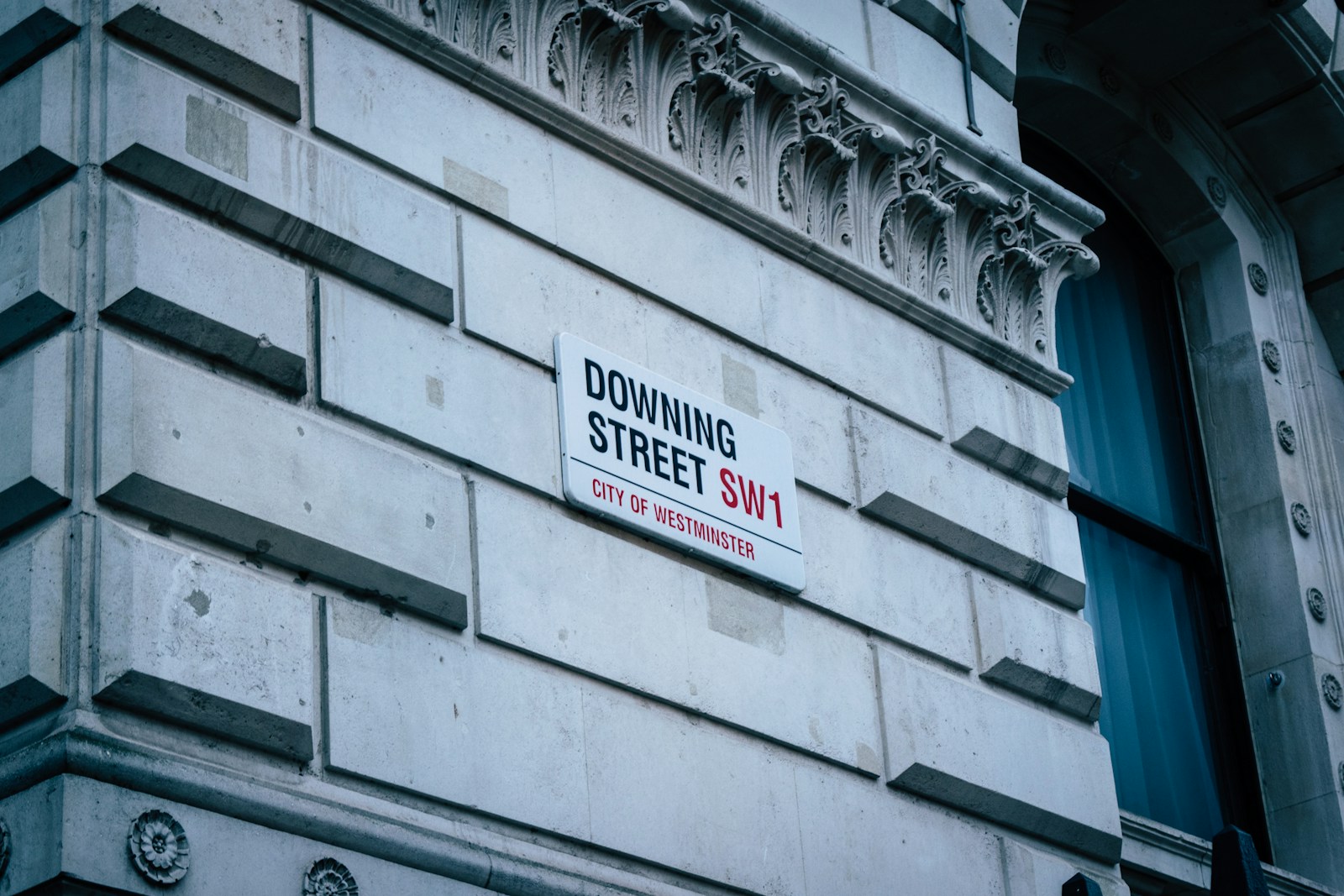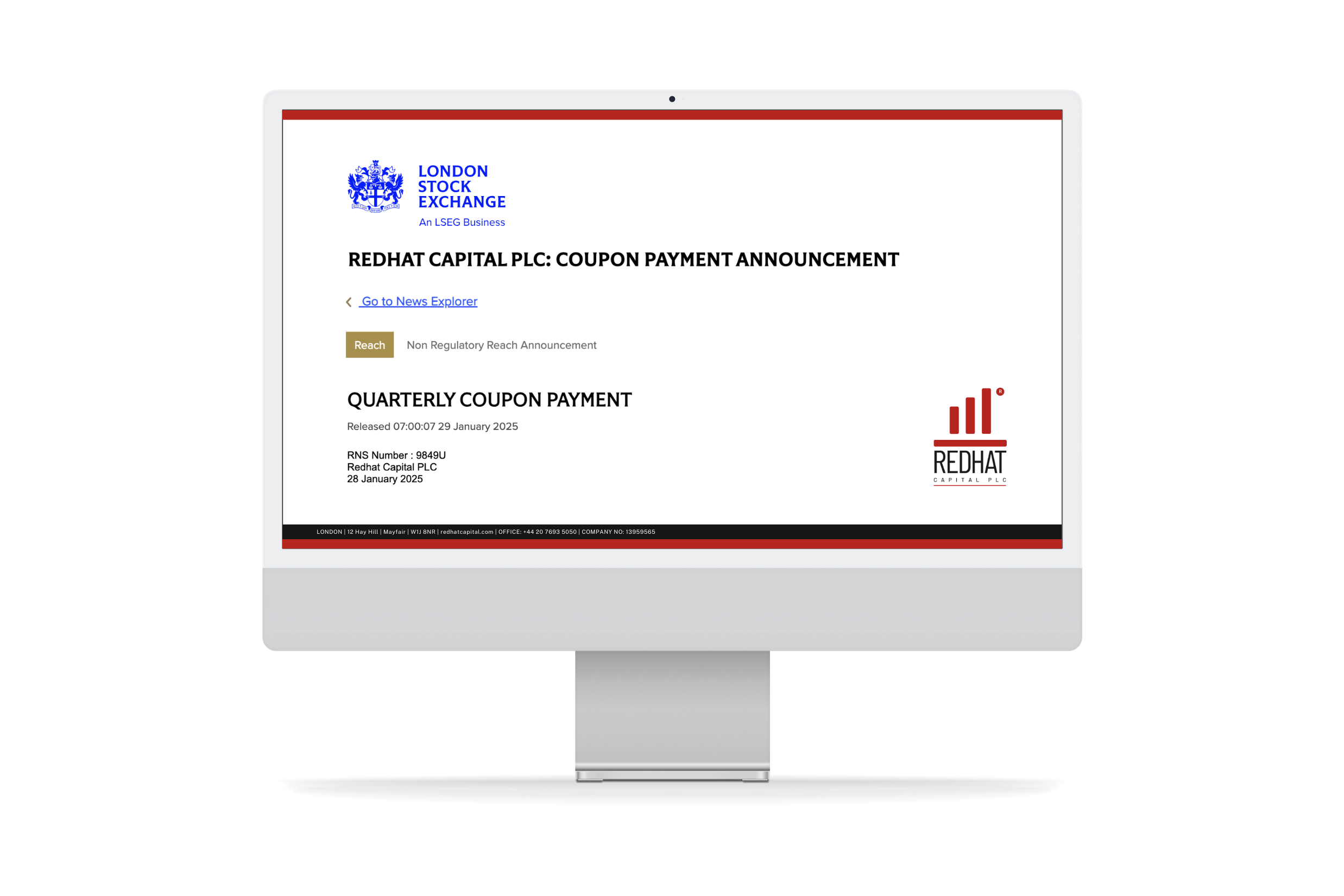The year 2024 is unique in history.
As Time Magazine highlighted, it “is not just an election year. It’s perhaps the election year.” Around 2 billion voters from over 60 countries – approximately a quarter of the world’s population – are expected to be heading to the polls.
Some of these elections have already had a significant geopolitical impact, in turn affecting the markets. For example, Lai Ching-te was elected President of Taiwan (official name Republic of China) in January 2024. However, he lost the legislative elections one month later to the Kuomintang, which advocates for a closer relationship with mainland China.
Analysts have viewed the outcome as a relief for the markets who had feared that Democratic Progressive Party (DDP) leader Lai might push for Taiwan’s formal independence. Investors have worried about a hostile reaction from China, and a chain reaction of sanctions that could cripple the global semiconductor industry. Not to mention the impact a strife between China and Taiwan would have on the trade routes through the South China Sea – an estimated $3.37 trillion worth, or 21% of all global trade, transited through the South China Sea in 2016, according to the United Nations Conference on Trade and Development.
Two of Europe’s three largest economies are heading to the polls, and investors’ reactions couldn’t be any more different. The difference, you may ask? Uncertainty…
French President Emmanual Macron on Sunday 9 June called a surprise snap legislative election to take place on June 30 and July 7. As a result, the market volatility has wiped out the CAC 40 index’s year-to-date gains. One of the key concerns relates to uncertainty, as both favourite runners (the far-right National Rally and left-wing coalition New Popular Front) have promised to increase spending, thereby casting doubt upon whether the future French government will be able to rein in the country’s already high level of debt. The head of a French business organisation CPME – French equivalent of the UK Federation of Small Businesses – told French media on Wednesday 3rd July that the country had lost “one quarter worth of growth” due the uncertainty caused by the snap election. The second round of the elections led to a hung Assemblée Nationale (lower house of French Parliament), with the New Popular Front becoming first force in presence, but without majority.
On the other hand, investors have consistently been more positive about the UK general election – which took place on Thursday 4th July. Indeed, the FTSE 100 Index is up by just over 6.4% YTD as of writing (Monday 8th July). This is because the outcomes steadily appear to be more certain, with polls pointing to a Labour Party win. Voters confirmed the trend suggested by pollsters, providing Labour with a majority in the House of Commons.
Last but not least, the upcoming US presidential election in November is expected to have a volatile impact on the markets. The question then becomes for investors, what would be the policy direction of Washington by the end of the year?
First of all, the election outcome is too close to predict with certainty according to polls. Furthermore, the most significant policy changes typically occur when one party controls the White House and both houses of Congress. However, along the presidential race, one-third of the seats in the U.S. Senate (currently under narrow Democratic control) and all 435 seats in the U.S. House of Representatives (currently under narrow Republican control) are also on the ballot this fall. Which makes it even more difficult to predict the path that the US will take policy-wise in 2025 and beyond.
So beyond the polls waits a good deal more market volatility.







